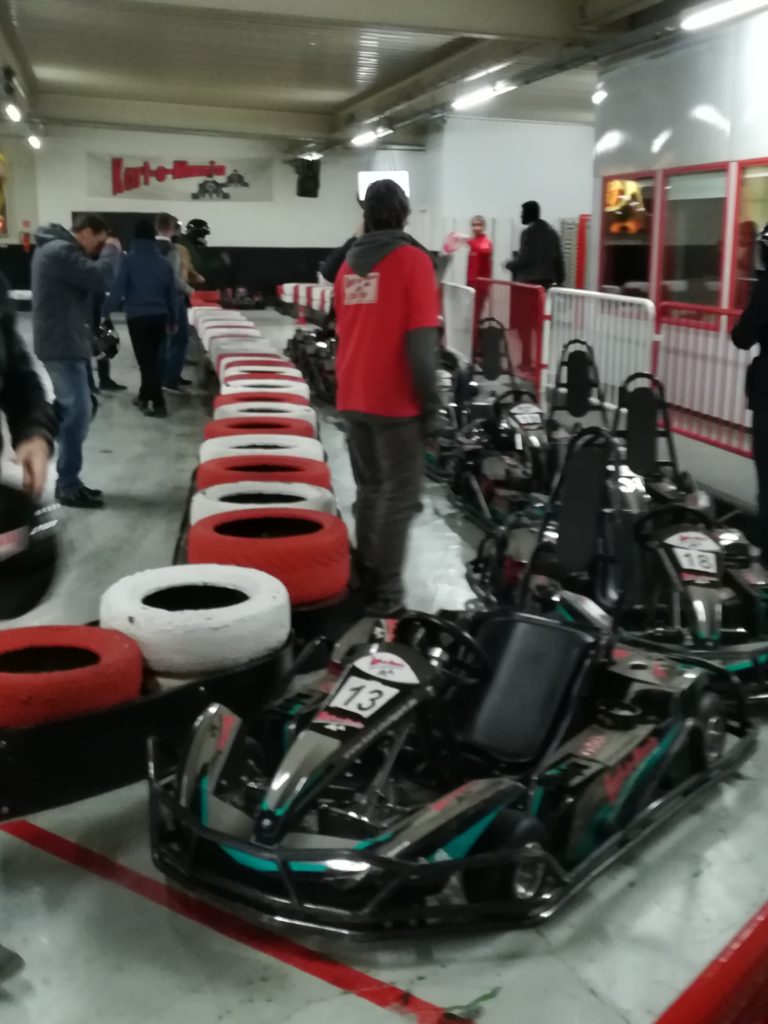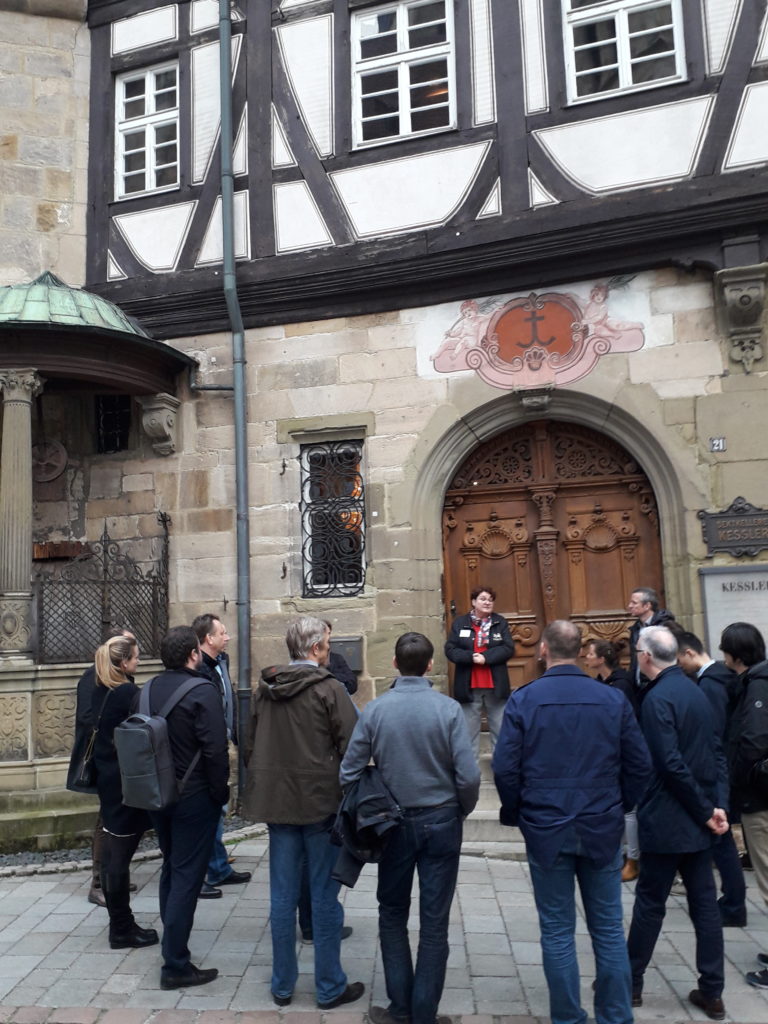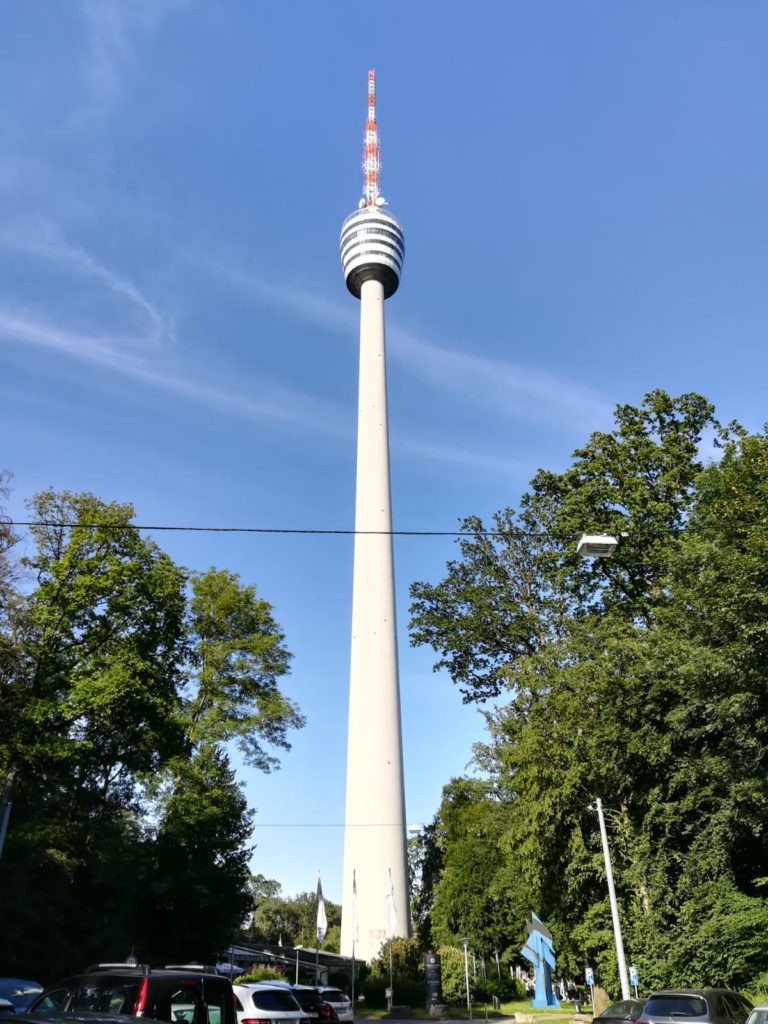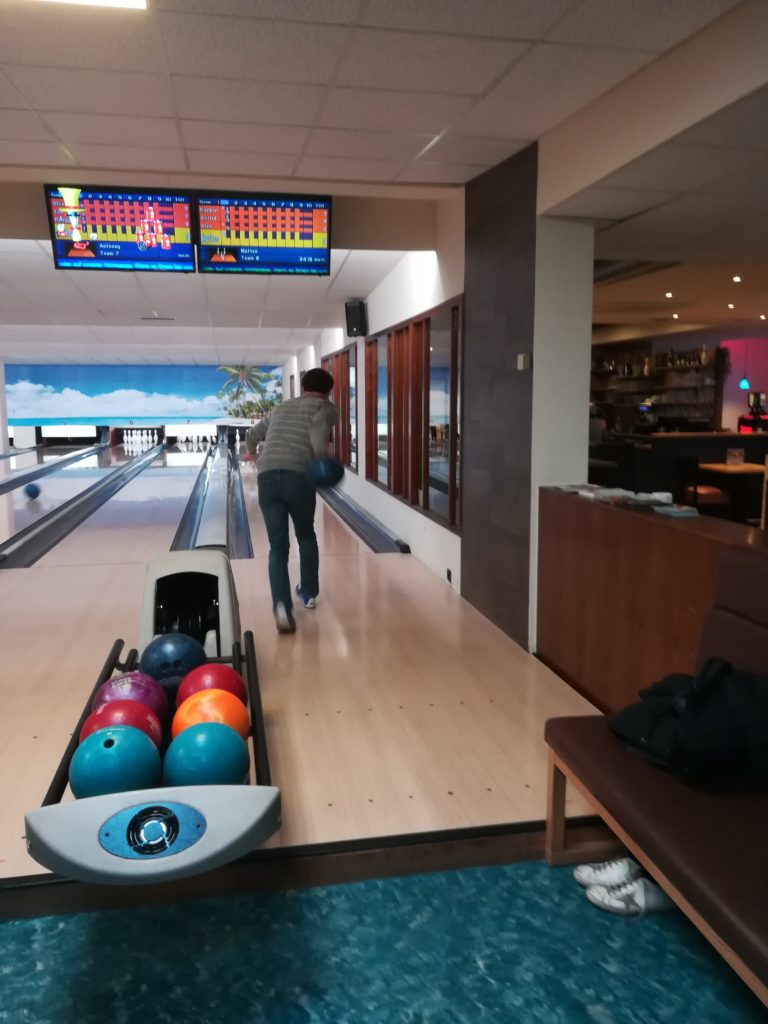
Current and upcoming dates
MEN 2024
- 11 – 15 March 2024 (on-site in Stuttgart)
- 17 – 19 April 2024 (half-day remote module)
- 12 – 14 June 2024 (half-day remote module)
- 16 – 18 October 2024 (half-day remote module)
- 11–15 November 2024 (on-site in Stuttgart)
MEN 2023
- 13-17 March 2023
- 26-30 June 2023
- 13-17 November 2023
Don’t forget to check the dates of our seminars

Modules

Innovation Management
Innovation is the panacea of today’s management. With innovation, companies want to master the rise of China, digitalization and globalization in general. Is it sufficient to invest in technology? Will it be sufficient to innovate in products and keep your costs down with process innovation? In this course, we will introduce the concept of strategic innovation to show that innovation takes places at various levels and not only concerns products. We give the participants tools so that they can develop strategic innovation in their own firms following the course.
- The forgotten side of innovation: The customer or what we can learn from the Concorde or Kodak
- Sustaining vs. disruptive innovation and the role of the customers in this game.
- The 3 horizons of innovation and how to master them: Innovation comes in very different forms and horizons and all have to be managed differently. Are agile methods good for every innovation project? What is the difference in management of complex vs. complicated innovation projects?
- New boxes for strategizing & innovation: Looking beyond technology, products and processes. Business models and ecosystems of connected business models are the new units for innovation.
- Strategic innovation or killing your competitor softly: What are strategic or business model innovations? How do they work? Where do they start? Examples from B2B and B2C companies
- Mega trends in innovation: The Chinese Challenge in technology, frugal innovation from emerging countries and digitalization
- An agile process for strategic innovation: What culture do you need in your company? What is an agile process for faster learning and execution?
Strategic Management and Globalization
This module will seek to equip delegates with a series of frameworks that will allow them to implement a strategic management process. The focus will be on three broad areas: strategic analysis, strategic choices and strategy implementation. In each of these three areas delegates will be provided with a series of tools that will allow them to analyze the environment which their organization’s strategy has to respond to, make strategic choices about what their organization should focus on and what they should decide ’not to do’. Finally delegates will look at the issue of strategy implementation, which will include how to win hearts and minds in order to ensure that a set of ‘coordinated’ actions occur within their organization to bring the strategic plan to life.
Managing in the Supply Chain
This module has the objective of providing a comprehensive overview of the contemporary challenges that managers have to face when dealing with complex supply chains and ecosystems. As a first step, the module introduces the current context, characterized by globalization, rapid technological development and increasing uncertainty. Then, the module discusses in depth the main trade-offs that have to be dealt with, especially if decision-making is decentralized amongst different firms along the supply chain. Finally, the module discusses the way in which well-designed contracts and/or IT-based solutions can help overcome these problems.
Organizational Development
This module will seek to examine how the organization design of a business can support the implementation of a winning strategy. Among the issues that we will look at are: how a successful digitalization strategy can be implemented, focusing on digitalization from the bottom of the organization up; getting processes aligned and exploiting the benefits of scale via digitalization. A second issue will be examining how merged or acquired assets can be brought into your organization and create value. A third element of the course will look at how collaboration across business (and functional) units can create additional value for organizations. This will include an examination of why this is difficult to do in so many organizations.
Digital Development
How a Mid-Sized Firm Can Thrive in an Industrial Revolution
This module focuses on the transformative impact of digital technologies across industry structure, dynamics, and strategy. In the first session, following an overview of the spread and impact of ICT, we discuss several cases (successful and unsuccessful) of different strategies for using ICT to create value and increase competitiveness. In the second session, we examine new tools for gaining value from digital data, including artificial intelligence and blockchain, introducing startup companies built around various use cases. One common trend among established companies in responding to the digital ICT revolution is partnership with startup companies for open innovation. Accordingly, in the final session we address challenges and techniques of partnering with technology-based startup companies to deliver new value and respond to industry disruption.
Finance and Accounting
The module on finance & accounting enables the participants to enhance value based on better understanding and managing financial resources at the divisional and corporate level. Based on interactive classroom sessions, structured group discussions, and applied case studies, the module analyses successful and unsuccessful strategies in financial management. Participants will emerge with insights that allow them to master complex challenges related to capital budgeting, investment decisions, and financing decisions. The course integrates principles of accounting relevant to making informed investment decisions.
Managing Strategic Change
Change is constant in business. Many kinds of changes are manageable through a firm’s existing structures and processes, but what we refer to as “strategic change” requires rethinking a firm’s current mission and methods. In this course we consider the kinds of change in a firm’s business environment that may call for reconsideration of a firm’s current mission and methods. We then consider what kind of management responses are likely to be effective in responding to various forms of strategic change. We ground our concepts for the effective management of strategic change through several case discussions that highlight both effective and ineffective approaches to managing strategic change.
“Instead of better glasses,
Ronald S. Burt, American Sociologist
your network gives you better eyes”
Transfer Workshops
Transfer Workshops will take place at the end of each week.
The objective is to prepare a short presentation rolling up the subjects of the lectures of the week focusing on the participant’s company situation.

Final Presentation
The Final Presentation will be held at the end of the 3rd week. The audience consists of MEN participants and representatives of the participating network companies.
The presentation should show adoption of the lessons learned applied to the specific situation of the company (or department / unit) and the MEN key findings.
Team Building and Networking Evening Events




